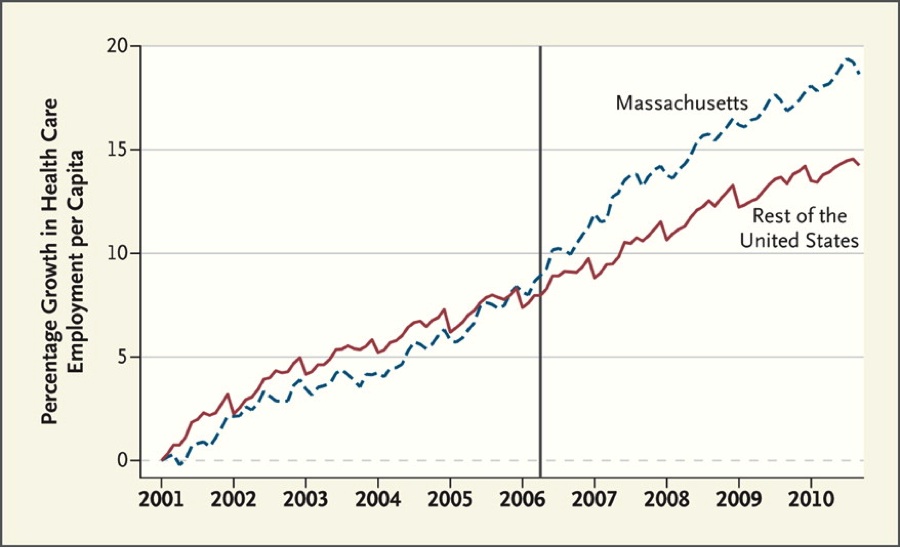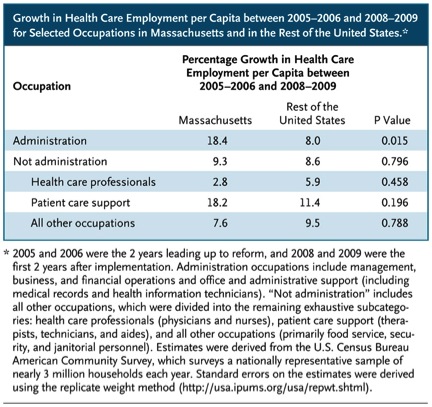Stanley Feld M.D., FACP, MAACE
It is easy to forget all the promises President Obama made in order to get support his healthcare reform plan.
“If you like your health insurance, you can keep your health insurance.” That was the promise made to millions of Americans by President Obama and leaders in Congress many times in assuring them that the new health law would not disrupt the coverage they have now.”
President Obama will not be able to fulfill this promise because he cannot manage complexity.
The inability to manage complexity results in unintended consequences that lead to more complexity and in turn other unintended consequences.
I mentioned the importance of developing Learning Systems in my blog, which discussed defective assumptions made to implement of Accountable Care Organizations. A reader asked with “What do you mean by developing Learning Systems?”
There are three types of Learning Systems.
- Experience
- Complicated-scientific
- Complex –pattern visualization
The first type of Learning System is learning by experience. In medicine, medical students, interns and residents get experience from patients with the guidance of senior physicians. Physicians make future medical and surgical decisions based on this experience.
Sixty years ago the experience Learning System was the only learning system available for the practice of medicine.
As technology advanced and the cost of healthcare increased it was obvious physicians had to systemize healthcare in a scientific way as Deming systematized industrial methods in Japan in the 1950s. This movement led to the need to practice evidence-based medicine.
Systematizing the practice of evidence-based medicine is not easy. Rapid medical discoveries change evidence-based medicine. Medical practice must be prepared for rapid cycle changes.
This second learning system is known as complicated-scientific. Complicated- scientific learning must be combined with experience learning to be effective.
The success of evidence-based medicine is grounded in principles common to engineering. In the Learning Healthcare System envisioned by the Institute of Medicine's (IOM) Roundtable on Evidence-Based Medicine, evidence emerges as a natural by-product of care delivery, which is thoroughly documented, pooled for continuous monitoring and analysis, integrated with insights from related studies, and fed back seamlessly to improve the consistency and appropriateness of care decisions by clinicians and their patients.
The third type of Learning System is the development of the abilities to visualize and manage complexity many interacting systems.
Complexity management is the ability to visualize the patterns of interactions created by the various systems in order to align stakeholders’ vested interests.
Peter Senge’s “The Fifth Dimension” and my brother Charlie Feld’s “The Blind Spot” have recognized the importance of managing complexity by pattern recognition. Pattern recognition is visualizing the interplay of experiential learning and complicated scientific learning. The visualization can lead to a shift in thinking and strategy among stakeholders. When patterns are recognized it can lead to the avoidance of conflict and unintended consequence.
It is vital to the success of all disciplines in the 21st century.
Political systems are comprised of both experience and social scientific learning systems. President Obama has ignored the complexity developed by these interacting systems. By ignoring pattern recognition of complexity he has created unintended consequences that are destroying his agenda for healthcare.
Perhaps this is intentional and his goal is to destroy the healthcare system. The void could then be filled with his Public Option and complete government control of the healthcare system.
This brings us back to President Obama’s promise to the American people. “If you like your health insurance, you can keep your health insurance.”
Most large companies thought they would be able to keep the present healthcare insurance for their employees. In fact, many employers believed President Obama’s assurances that their health plans would be “grandfathered.” This promise was a key reason leading to their support or to their taking a neutral stance on passage of his healthcare bill.
Employees valued their health coverage. They were not opposed to Obamacare. Surveys showed that 88% of Americans were satisfied with their health coverage.
As soon as both employer and employee realized that President Obama’s assurance was not going to be fulfilled most opposed Obamacare.
The grandfathering rules are severe. Employers cannot make changes to their health plans to remain grandfathered.
Employers;
• Cannot significantly cut or reduce benefits.
• Cannot raise co-insurance charges.
• Cannot significantly raise co-payment charges.
• Cannot significantly raise deductibles.
• Cannot significantly lower employer contributions.
• Cannot add or tighten an annual limit on what the insurer pays.
• Cannot change insurance companies. (This rule was later amended to allow employers to switch insurance carriers as long as the overall structure of the coverage does not violate other rules.
Employers will be forced to comply with expensive Obamacare regulations that increase their health costs further to maintain healthcare insurance.
Most employers had to make major modification to their healthcare plans such as increasing deductibles to keep their healthcare insurance costs down. These companies are no longer eligible for grandfathering. It is much cheaper for them to pay the penalty than comply with the rules and provide healthcare coverage.
The healthcare insurance industry increased premiums by 15-39% in order to comply with rules such as providing insurance to children up to age 26, insuring everyone on the group plan regardless of preexisting conditions and not rescinding coverage after enrolling a participant
This is an example of not managing complexity effectively.
On top of all that President Obama issued new limits on insurance coverage. In 2011 the limit must be at least $750,000 per enrollee. In 2012, the limit will have to be at least $1.25 million, and in 2013, $2 million. In 2014 there is no limit on payouts for any individual’s care.
No one will be able to afford to provide healthcare insurance coverage especially the federal government.
The restrictions have led to President Obama issuing 1,578 waivers from Obamacare. The waivers primarily cover limited benefit plans offered by employers and unions who said the higher cost could force them to drop insurance coverage. This is another unintended consequence.
These regulations have increased business uncertainty. It has also increased mistrust of President Obama.
The most significant unintended consequence is hesitation on the part of companies to create jobs.
Health costs are directly related to creation of new jobs. Employers continue to face a fragile economy. Higher health costs put additional pressures on companies’ bottom lines. It increases the cost of hiring new workers and in turn discourages job creation.
This is bad news for President Obama, the economy and unemployed workers.
All of the unintended consequences are a result of President Obama and his administration not understanding patterns of systems interaction. It has resulted in not managing complexity of complicated systems and increases in unintended consequences.
The opinions expressed in the blog “Repairing The Healthcare System” are, mine and mine alone.


EMR • November 22, 2011
the new bill is huge and a lot of factors need to be considered before anyone can make an intelligent decision. Too bad noone fully knows the whole bill